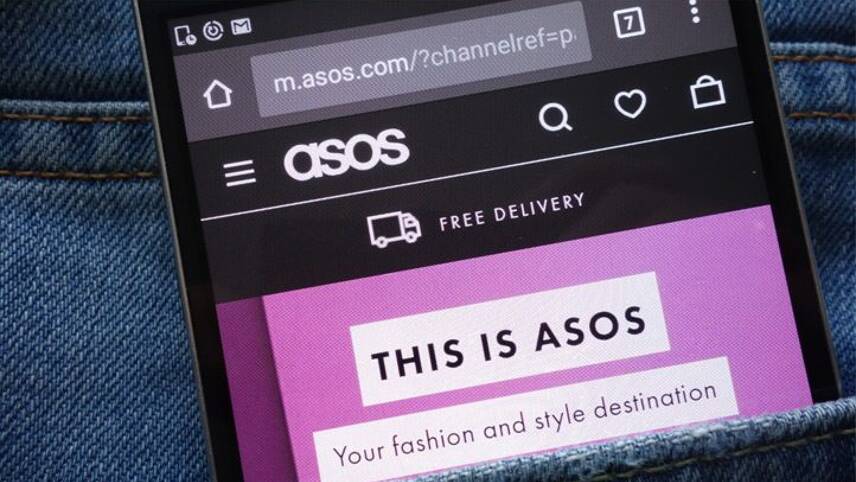Register for free and continue reading
Join our growing army of changemakers and get unlimited access to our premium content

60% of the products listed on ASOS are from third-party brands
ASOS stopped listing Boohoo’s products on its website last month, after an undercover investigation by The Sunday Times concluded that workers at one of the company’s supplier factories in Leicester were receiving as little as £3.50 an hour. The undercover reporter also claimed that the factory was flouting measures designed to stop the spread of Covid-19. The supplier, Jaswal Fashions, has challenged these claims, while Boohoo says it has launched an investigation.
Building on this move, ASOS has today (7 August) asked all third-party brands listed on its site to make four new commitments, covering transparency and worker rights, by the end of 2020.
The first of these commitments is to the Transparency Pledge, which requires signatories to publicly disclose information regarding all manufacturing sites in their supply chains and to update this information regularly. ASOS had previously asked brands to privately share information on tier 1 suppliers on request only. The pledge also requires signatories to comply with country and region-specific laws on modern slavery, such as the UK’s Modern Slavery Act, and helps them, to collaboratively lobby for stronger legislation on this issue.
ASOS will ask branded suppliers to build on this pledge by mapping their supply chains and proving that they have visibility on all UK-based facilities, as well as identifying environmental and social risks and developing strategies for mitigation and remediation. On remediation specifically, suppliers will be required to join Fast Forward – an auditing programme which purports to follow best-practice in uncovering hidden exploitation.
These demands are in addition to ASOS’s existing minimum requirements for branded suppliers, introduced in early 2018. Under this framework, ASOS reserved the right to delist brands without a supply-chain-wide ethical trade policy; visibility on their tier 1 factories; proven compliance with chemical regulations, or an animal welfare policy.
Third-party brands notably account for around 60% of the lines listed on ASOS’s website at any one time.
ASOS’s chief executive Nick Beighton said that the new requirements are “critical enablers to improving sourcing standards across the UK”.
Their aim is to ensure that ASOS does not list brands which implement lower standards than it requires for its own-brand suppliers, Beighton said. ASOS’s sustainable sourcing requirements for its own-brand products cover transparency, environmental impact, the circular economy and consumer engagement.
Reactionary or transformative?
ASOS is not the only fashion major to have changed its approach to supply chain sustainability in the wake of the Boohoo Group scandal.
Within weeks of the accusation against Boohoo, which also owns brands like Nasty Gal and PrettyLittleThing, Next and Zalando had also dropped its products.
Zalando had already outlined plans to introduce mandatory sustainability assessments for third-party brands at that point. It lists more than 2,000 brands on its platform and has said that those who do not meet its standards and are unable to provide credible improvement plans will be delisted from 2023.
Boohoo had previously come under fire from the Environmental Audit Committee (EAC), after its 2018 inquiry on fashion heard evidence of below-minimum-wage pay being offered to UK-based garment workers.
The 2020 scandal reignited the debate as to how end-user businesses should work with suppliers which are lagging behind on ethical or environmental issues. Some have argued that cutting ties is reactionary and does more in the way of preserving the end-user brand’s reputation than improving supply chain practices and conditions. Others believe that continuing to work with a disgraced brand or supplier shows a willingness to accept low standards.
Sarah George


Please login or Register to leave a comment.